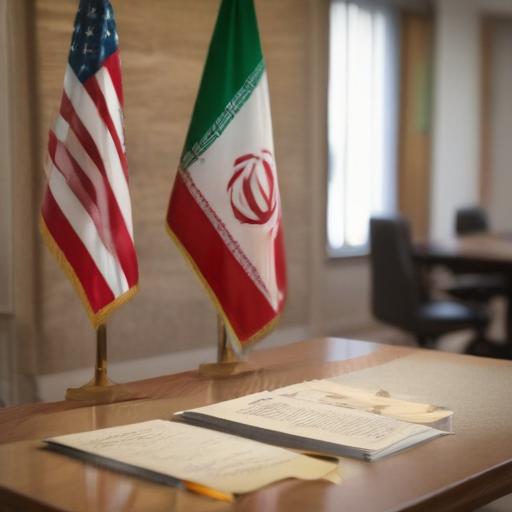Iran has announced its intention to present a counterproposal regarding its nuclear deal negotiations with the United States. Esmaeil Baghaei, spokesman for the Iranian Ministry of Foreign Affairs, indicated during a news briefing that the country is unsatisfied with the proposal put forth by the US during the fifth round of talks last month.
Baghaei highlighted that the US proposal contained “ambiguities” and lacked essential components discussed in earlier negotiations. He emphasized that the demand for the lifting of sanctions, crucial for Iran’s economic recovery, was not adequately addressed in the US offer. Iran plans to submit its alternative proposal through the mediation of Oman.
The context of these discussions dates back to April when Iran and the US began talks aimed at reviving the nuclear accord that was abandoned by former President Donald Trump in 2018. The diplomatic standoff has primarily centered on Iran’s uranium enrichment activities, which Tehran insists are for peaceful purposes, in contrast to the US, which deems it a vital issue.
In light of Iran’s strong criticism of the US proposal, particularly from Supreme Leader Ali Khamenei, who vowed to continue uranium enrichment, the atmosphere surrounding the negotiations remains tense. Meanwhile, the International Atomic Energy Agency (IAEA) is set to convene a meeting to address Iran’s nuclear activities, following a report that pointed to less than satisfactory cooperation from Tehran.
It remains uncertain when the next round of talks will be scheduled, yet with Iran preparing to submit its own proposal, the situation may evolve into a renewed dialogue aimed at finding common ground. This scenario points to the complexities of international diplomacy, where each party continues to seek its strategic interests.
The ongoing discussions offer a glimmer of hope that, despite the tensions, both sides are still engaging in dialogue, which is essential for any potential resolution.
